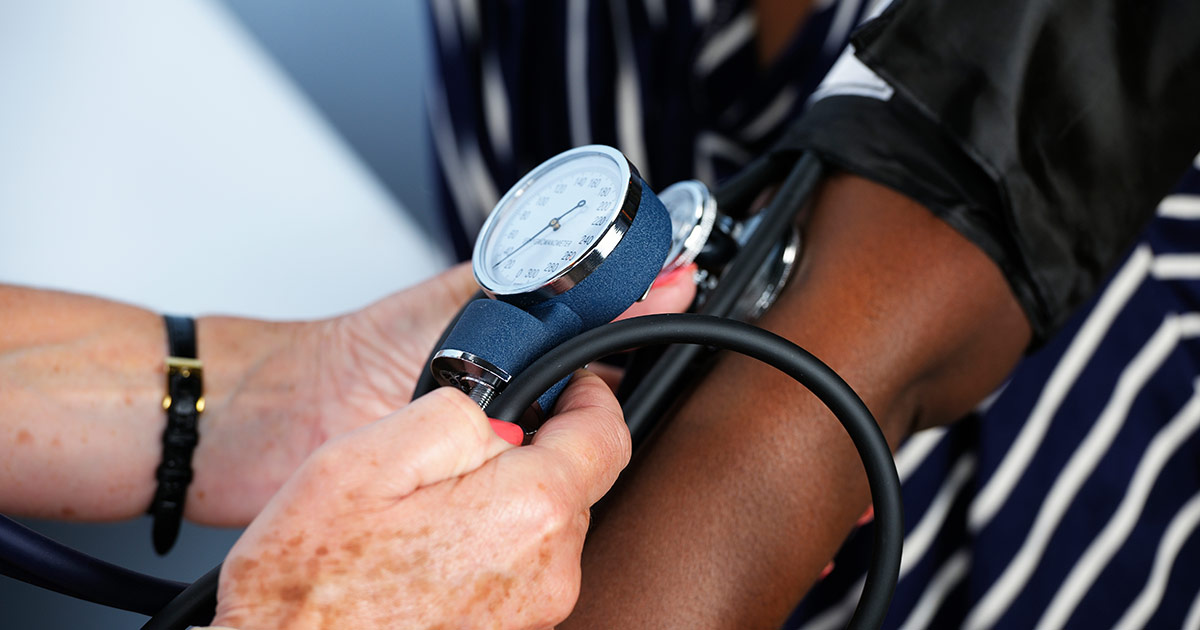Symptoms Linked To Fibromuscular Dysplasia
Fibromuscular dysplasia is a medical condition that causes the medium-sized arteries in the body to narrow and enlarge. When the arteries are narrowed, the reduced flow of blood can affect a person's organ function. In most cases, fibromuscular dysplasia occurs in arteries around the kidneys. However, it's also been known to affect arteries around the legs, arms, abdomen, heart, and brain. If fibromuscular dysplasia isn't treated, it might lead to several complications. The condition doesn't always present with symptoms. In addition, different patients may experience different symptoms depending on which arteries are affected. Symptoms typically occur in whatever organs the affected arteries supply. Some patients have just one narrowed artery, while others have multiple.
Learn about the common symptoms linked to fibromuscular dysplasia now.
Ischemic Renal Atrophy

Ischemic renal atrophy is a condition in which one or both kidneys are smaller than average. There are a few common causes of this, one of which is the kidney fails to develop fully before an individual is born. However, when the condition is linked to fibromuscular dysplasia, there's a different cause. Ischemic renal atrophy occurs when blood flow in the kidneys is deficient. Fibromuscular dysplasia patients experience this when one or more arteries supplying the kidneys is too narrow to provide adequate blood flow. There are a few different symptoms of ischemic renal atrophy. Patients might experience pain in their abdomen, side, or back. There may be blood in the urine, and patients may urinate more often. The kidney area might be generally uncomfortable. Patients may also have muscle cramps, itchy skin, lose their appetites, and generally feel unwell.
Uncover details on more fibromuscular dysplasia symptoms now.
High Blood Pressure

High blood pressure is one of the most common complications of the condition. When the arteries narrow, there's increased pressure on the walls as the blood tries to flow properly. This condition is cause for concern because it has the potential to lead to artery damage, serious heart disease, or total heart failure. High blood pressure, also called hypertension, can also lead to brain damage. If the brain doesn't have an adequate supply of blood, patients may experience transient ischemic attacks, otherwise known as mini-strokes. These attacks have the same symptoms as a stroke, but they only last for a short time and are typically gone in twenty-four hours. Patients might also experience full strokes or cognitive impairment due to reduced blood flow to the brain.
Continue reading to reveal more fibromuscular dysplasia warning signs now.
